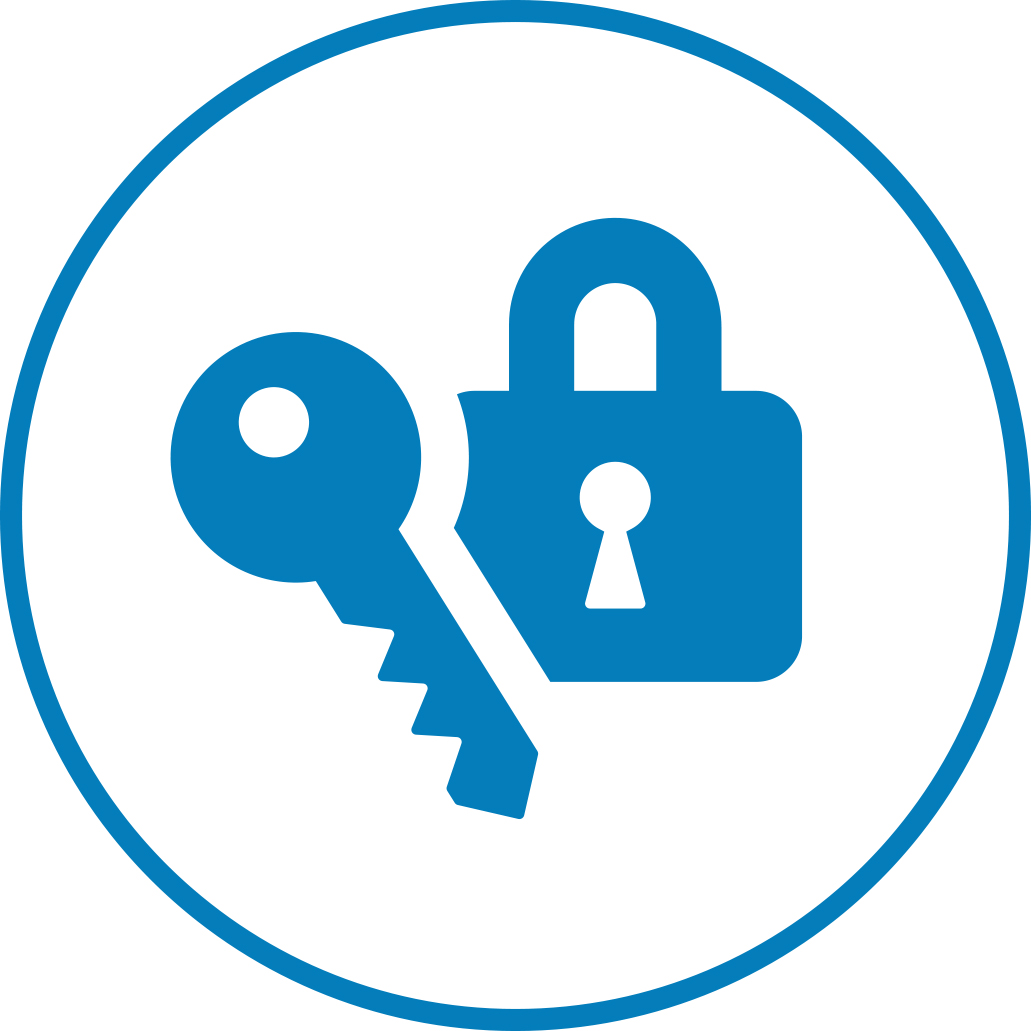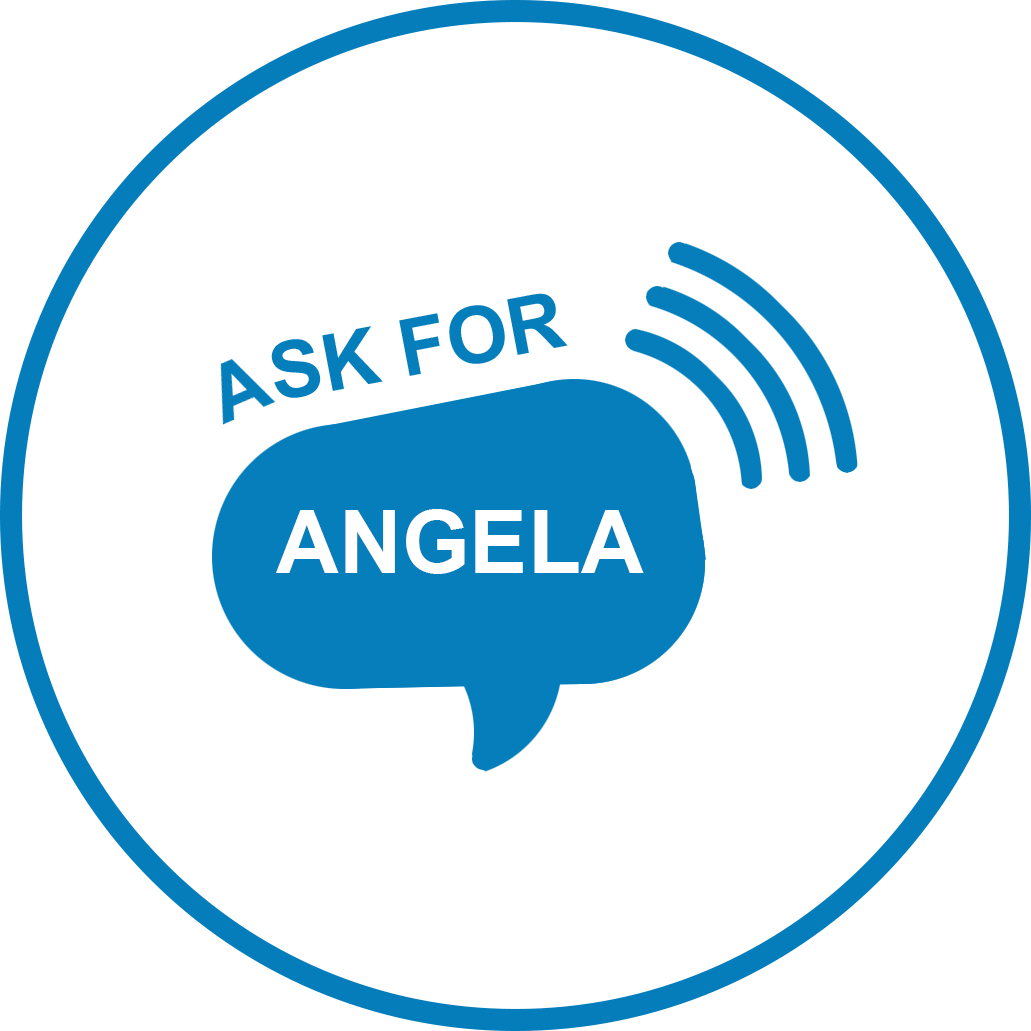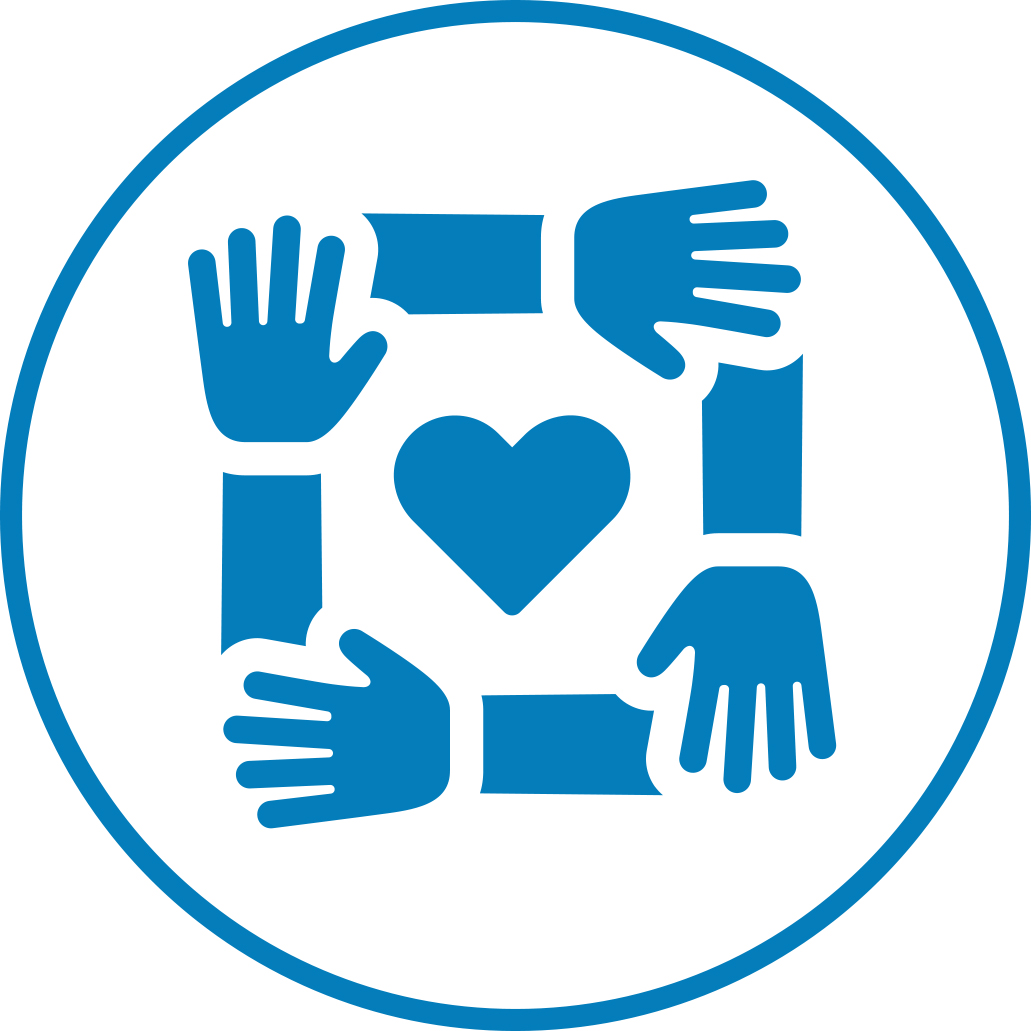Your safety and wellbeing are our top priorities. While Worcester is generally a welcoming city, it’s important to stay aware and know what to do in different situations—on campus, out in town, online, or at home. Here’s a practical guide to help you look after yourself and others.

The University of Worcester Security Team
The University has a Security Team that operates to assist students, staff and all visitors to the University 24 hours a day, 7 days a week.
Whether you are a student on or off campus, you can access them if you have any personal safety concerns. They can be contacted through our Main Reception on 01905 855000 or directly on 07977 973956.
If you are a victim of crime, our University Police Community Support Officer (PCSO), Jamie Denning, is here to help. He is based at the University and can be accessed either via email pcso@worc.ac.uk or by telephoning 01905 542629.
Callmy Alert App
This is the University’s official safety app for students. If you’re feeling uncomfortable in a situation on or between campuses, you can alert University Security via the app, which is free for download and registering. For more information, see the Students’ Union Safe and Secure webpage.


Accommodation and Belongings
Lock Up: Always lock doors and windows, including communal entrances.
Keep Valuables Safe: Don’t leave bags, laptops, or phones unattended. Dispose of packaging for new items securely.
Bike Safety: Use a sturdy ‘D’ lock and park in designated areas. Look out for university bike marking events.

Get home safe
Don’t walk home alone late at night. There are a number of taxis operating in and around the City Centre, including designated taxi ranks in the centre of town and by the Elgar Statue for you to find a licenced taxi.


Ask for Angela
Sometimes you can find yourself in a situation that isn’t safe or that makes you feel uncomfortable. If you feel unsafe in a bar or venue, discreetly ask staff for “Angela” to get help. Find out more on our Ask for Angela webpage.
Look out for your friends
When you are out in town with friends, make sure you travel in groups. Don’t leave each other with strangers who you’ve only just met. Stick with your group, look out for each other, and don’t leave anyone behind.

Online Safety
Protect Your Data: Use strong passwords, beware of phishing scams, and manage your privacy settings. Visit the IT Service webpages for more advice.
Social Media: Think before you post—your online persona can affect your future career.
Dealing with Online Abuse: If you experience cyberbullying or harassment, report it and seek support.
Staying Safe
Safety isn’t just about physical wellbeing. It also means emotional security in relationships, a stable and comfortable home, and access to resources that provide a sense of overall stability. True safety is holistic, encompassing all the elements that allow us to thrive.
Five Quick Tips for Personal Wellbeing
Cultivate Supportive Relationships
Surround yourself with people who uplift and support you. Engage in open conversations about feelings and experiences to deepen connections and foster a sense of belonging.
Establish Healthy Boundaries
Clearly communicate your needs in relationships to ensure mutual respect. This helps protect your emotional space and fosters healthier interactions.
Build Resilience Against Peer Pressure
Strengthen your sense of self by identifying your values and beliefs. Practice assertiveness skills to confidently say “no” when faced with peer pressure or situations that don’t align with your values.
Practice Self-Reflection
Take time to reflect on your thoughts and feelings. Regularly Journaling can help you clarify your values, recognise patterns in your behaviour, and understand your reactions to different situations.
Explore New Interests
Step out of your comfort zone by trying new activities or hobbies. This not only helps you discover more about yourself but also provides opportunities to meet new people and expand your social circle.
Five Quick Tips for Personal Safety
- Stay Alert and Aware
- Keep your head up and avoid distractions like texting or wearing headphones while walking.
- Trust your instincts – if something feels off or you feel uncomfortable, don’t hesitate to change your route or seek help.
- Use the Buddy System
- Always walk with friends, especially at night, and establish a plan for getting home together.
- Know where you’re going, stick to well-lit areas and use the University’s suggested route back to campus, available from the Student Security Handbook.
- Know Your Resources
- Download the Callmy app: use the code ‘WR2 students‘ after downloading the app and registering.
- Keep important numbers saved in your phone, including campus security.
- Carry a personal safety alarm that can deter potential threats and signal for help if needed. You can collect a free one from firstpoint or by emailing studentlife@worc.ac.uk
- Take care of your belongings
- Avoid displaying your valuable items in public, and keep things like keys, money and your phone in different places from one another.
- Never leave your drink unattended, and avoid accepting drinks from strangers.
- Choose Safe Transportation
- Opt for reputable taxi services or rideshare apps and share your journey details with a friend.
- Know your route and plan ahead, especially at night. where possible, always travel with friends.
If you’ve experienced something that did not feel right or has made you feel unsafe, and you want to talk about it, contact the Student Life advisers for non-judgemental support – no matter what’s on your mind. Safety is about looking after yourself and each other. Reach out—no concern is too small. Email: studentlife@worc.ac.uk